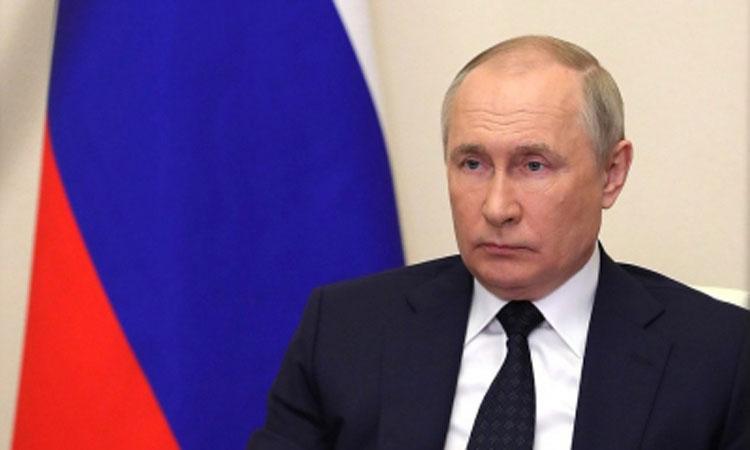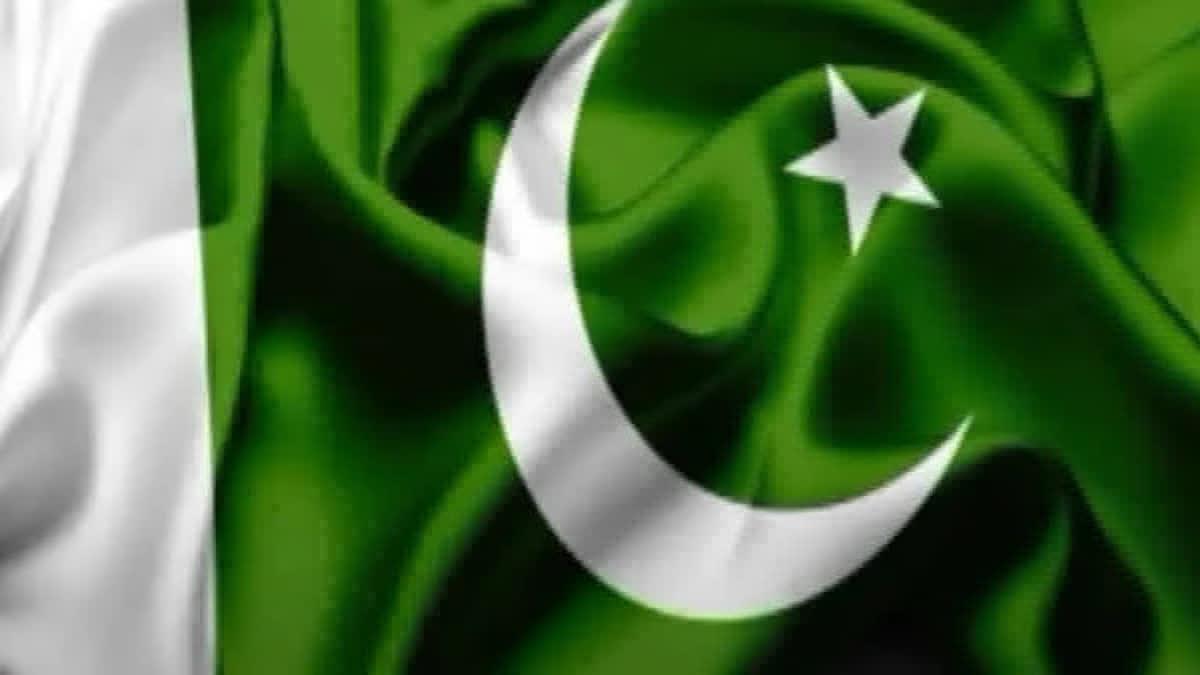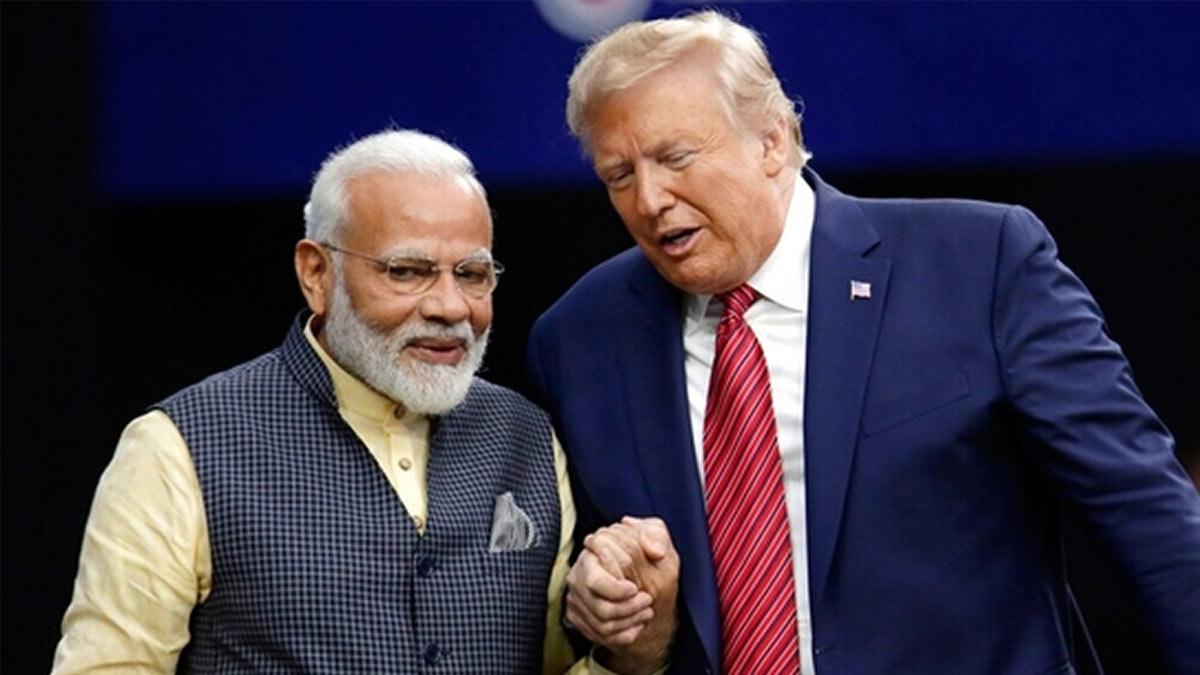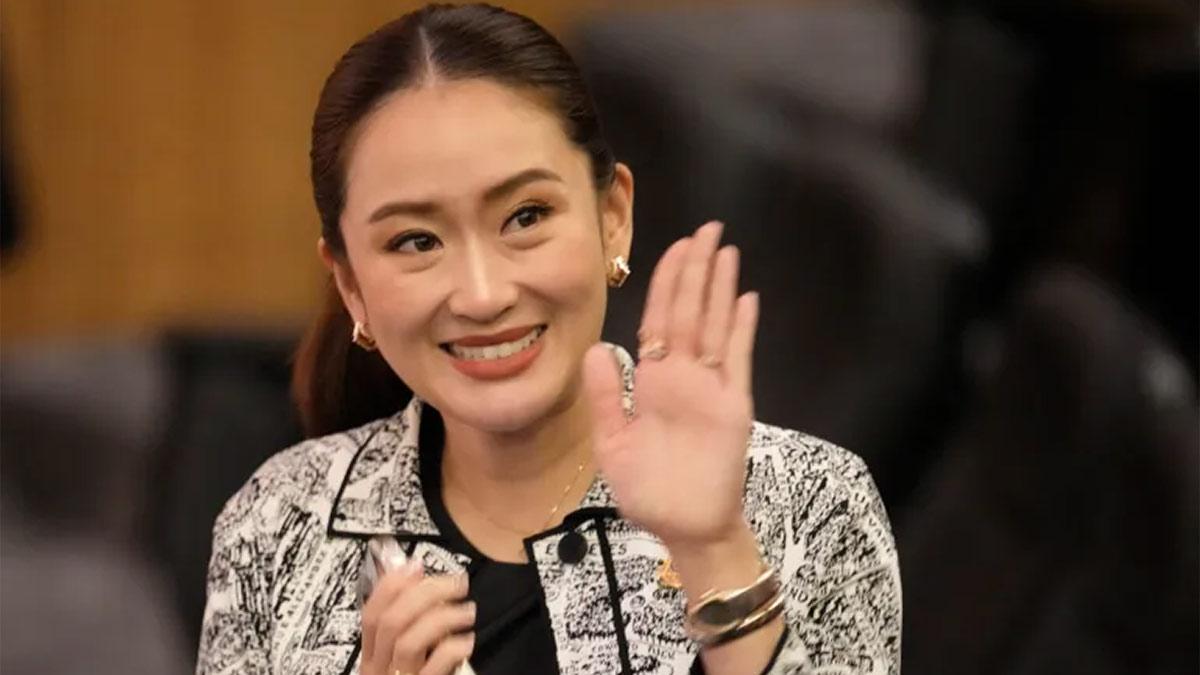Russian President Vladimir Putin expected the war in Ukraine to be swift, popular, and triumphant.
For months, he struggled to come to terms with what instead became a costly quagmire, and found himself isolated and distrustful at the pinnacle of a power structure designed to reinforce his belligerent worldview and shelter him from discouraging news, media reports said.
Through the summer, delegations of military experts and arms manufacturers emerged from presidential meetings questioning whether Putin understood the reality on the battleground, according to people familiar with the situation, The Wall Street Journal reported.
And while Putin has since then gone to lengths to get a clearer picture of the war, they say, the President remains surrounded by an administration that caters to his conviction that Russia will succeed, despite the mounting human and economic sacrifices.
Also Read | China exploits Pakistan vulnerability to make Islamabad dance to its tune
"The people around Putin protect themselves," said Ekaterina Vinokurova, a member of his handpicked human-rights council until Putin removed her in November. "They have this deep belief that they shouldn't upset the President," Wall Street Journal reported.
The resulting mistakes have shaped Russia's disastrous invasion of Ukraine - from the initial days, when Putin thought his soldiers would be met with flowers, to recent humiliating withdrawals in the northeast and south.
Over time, Putin, who has never served in the military, has become so wary of his own command structure that he has issued orders directly to the front line.
The President, these people said, spent 22 years constructing a system to flatter him by withholding or sugarcoating discouraging data points, Wall Street Journal reported.
US officials said they have struggled to find a Kremlin insider who both has influence over Putin and also isn't wrapped up in his narrative of Russian grievance. The President increasingly speaks of Russia in near-religious terms, as a 1,000-year-old civilisation waging a holy struggle that will right historical wrongs and elevate
him into a pantheon of conquering czarist leaders such as Peter the Great, Wall Street Journal reported.
Putin wakes daily around 7 a.m. to a written briefing on the war, with information carefully calibrated to emphasize successes and play down setbacks, according to the former Russian intelligence officer and current and former Russian officials, Wall Street Journal reported.
He has long refused to use the internet for fear of digital surveillance, Russian and US officials have said, making him more dependent on briefing documents compiled by ideologically aligned advisers.
Battlefield updates can take several days to reach Putin's desk, leaving them often out of date, people familiar with the matter said. Front-line commanders report to the Federal Security Service, or FSB, the successor to the KGB, which edits reports for experts at the Security Council, who pass them to Council Secretary Nikolai Patrushev, the arch hawk who helped persuade Putin to invade Ukraine. He, in turn, passes the reports to Putin, Wall Street Journal reported.
Putin, current and former Russian officials and people close to the Kremlin say, remains fully committed to bringing Ukraine to heel and is ready to mobilise Russia's economy and population for years to succeed. If Western arms shipments and economic support flag, and Ukrainian morale dips, he could still emerge, on balance, as the victor in what is already the largest war in Europe since World War II, Wall Street Journal reported.
For months, a trickle of Russian officials, pro-government journalists and analysts tried to bring word in person to their President about how his invasion was floundering, according to people familiar with the matter.
Also Read | Ready to work with India for growth of bilateral relations: China
When one longtime pollster reached out to Putin's office about a survey showing lower-than-expected public support soon after the invasion, his office responded, using Putin's first name and his patronymic middle name, "Vladimir Vladimirovich doesn't need to be upset right now," according to a person familiar with the exchange, Wall Street Journal reported.
Since March, when Putin's invasion began to clearly falter, Western leaders have been puzzled by how a leader so singularly occupied with the status of Ukraine and the restoration of Russia's military greatness managed to so badly underrate Ukraine's strength and misread his own.
Some of Putin's allies concede that information reaching the President was flawed and attribute military failures to poor planning by government officials. Konstantin Zatulin, a senior lawmaker from the ruling United Russia party who supports the war, said in an interview that the President "proceeded from an incomplete understanding of the situation and in some ways not fully correct".
The war planners, he said, "clearly underestimated the strength of the enemy and overestimated their own".
The system of self-deception was decades in the making, said Boris Bondarev, a career diplomat who resigned from his longtime post at Russia's permanent mission to the United Nations in Geneva after the invasion, Wall Street Journal reported.
Diplomats at the mission learned during Putin's two-decade rule to feed Moscow the story it wanted to hear, he said.
Junior officials and senior directors knew that to win plaudits and promotions they should exaggerate good news and play down the bad, for fear of upsetting "papa", a nickname for Putin, once used for Russian czars, Wall Street Journal reported.


















